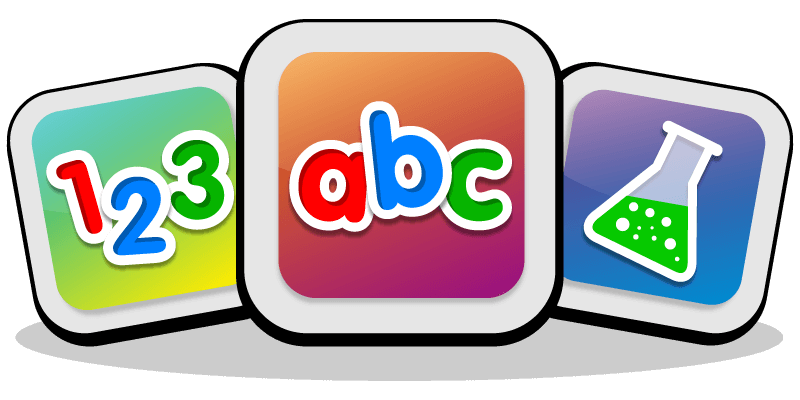CGKY News Hub
Your go-to source for the latest insights and trends.
App-solutely Brilliant: Elevate Learning with These Must-Have Educational Gems
Discover the ultimate educational apps that transform learning! Unlock your potential with these must-have tools for success.
Top 10 Innovative Apps That Transform Learning
In today's digital age, education has been revolutionized by cutting-edge technology, giving rise to many innovative apps that enhance the learning experience. These applications not only provide interactive content but also facilitate personalized learning pathways, ensuring that each student can progress at their own pace. Here’s a glimpse into the top 10 innovative apps that transform learning:
- Kahoot! - A dynamic quiz platform that turns learning into an engaging game.
- Duolingo - Makes language learning fun through gamified lessons.
- Quizlet - Offers interactive flashcards and study games to enhance memorization.
- Edmodo - Connects students and teachers through a collaborative platform.
- Prodigy - A math game that adapts to each student's skill level.
- Microsoft Teams - Facilitates communication and collaboration in educational settings.
- Google Classroom - Streamlines the assignment process for teachers and students.
- Flipgrid - Encourages students to express their thoughts through video discussions.
- Seesaw - A student-driven platform that allows for digital portfolios.
- Nearpod - Provides interactive lessons and real-time assessments for more engaging classes.

How to Choose the Right Educational Apps for Your Child
Choosing the right educational apps for your child can greatly enhance their learning experience while keeping them engaged. As you begin your search, consider the age appropriateness of the app. Look for applications that are designed specifically for your child's age group, ensuring that the content aligns with their developmental stage. Additionally, check for apps that incorporate game-like elements, as these can motivate children to learn through play.
Another vital factor to consider is the educational value of the app. Look for applications that have received positive reviews from educators or parents. A good educational app should cover key subjects like math, reading, and science, and incorporate interactive features that stimulate critical thinking. To narrow down your options, you can create a simple checklist of essential features such as user-friendly navigation, progress tracking, and offline availability, making the selection process more manageable.
Are Educational Apps Effective? Exploring the Pros and Cons
In today’s digital age, the effectiveness of educational apps has become a topic of significant interest among educators and parents alike. These apps offer a convenient platform for learning, integrating multimedia elements that can enhance student engagement and retention. According to many studies, interactive features such as quizzes, games, and progress tracking can boost the learning experience by making education more enjoyable. Additionally, educational apps can cater to various learning styles, providing personalized content that helps individuals grasp complex concepts more easily.
However, there are also notable drawbacks to consider when assessing the effectiveness of educational apps. One of the primary concerns is the potential for distraction caused by notifications or advertisements, which may hinder a learner's focus. Furthermore, the lack of face-to-face interaction with teachers and peers can limit the development of social skills that traditional classroom settings foster. It's essential to weigh these pros and cons carefully to determine the appropriate role that educational apps should play in a well-rounded educational strategy.